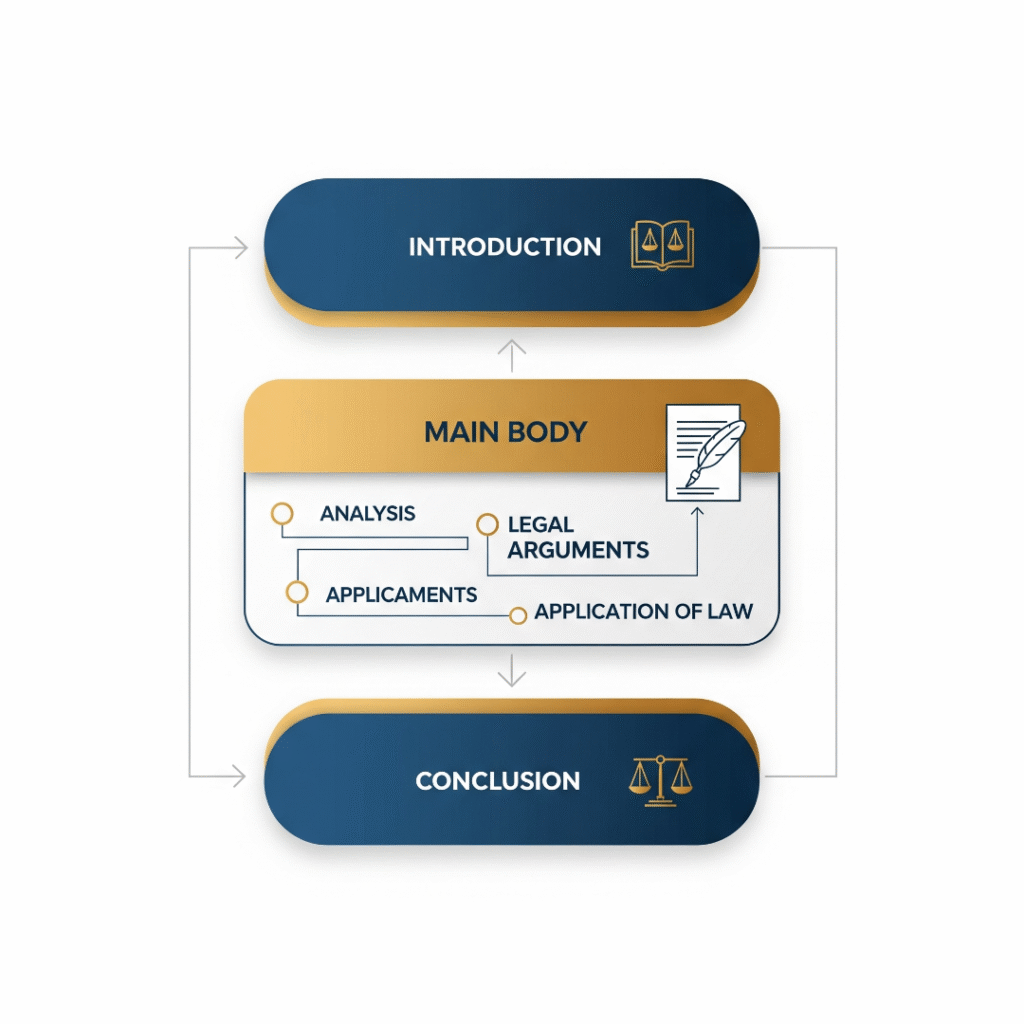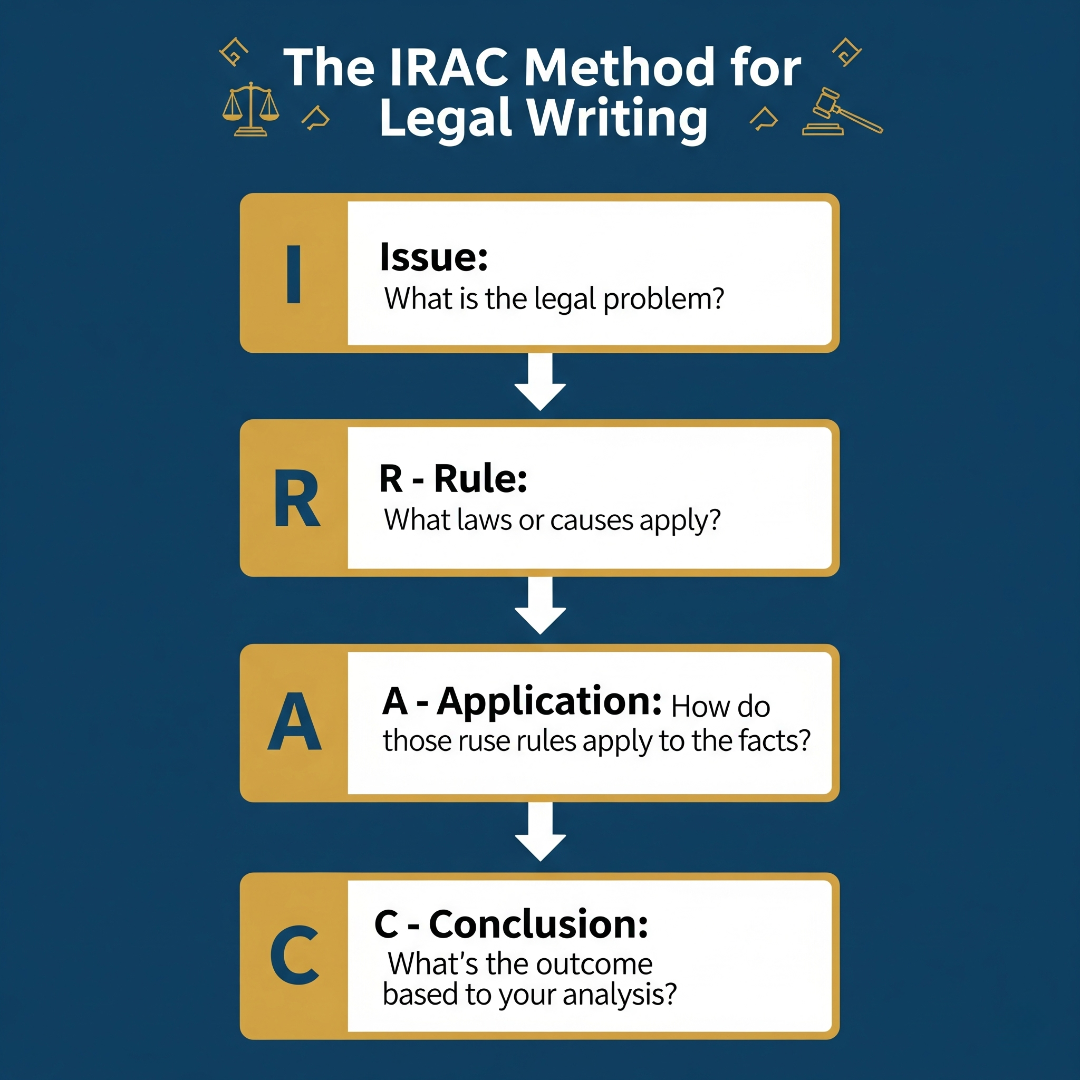Let’s be honest—writing a great paper isn’t easy, and when it comes to law coursework writing: how to impress your tutor, many students feel stuck right from the start. With all the complex legal terms, case studies, and tight deadlines, it’s easy to feel overwhelmed. But if you want good grades and real progress, you need more than just meeting the word count. You need to stand out and show your academic potential.
Most law students struggle not because they don’t work hard, but because they don’t fully understand what their tutors are looking for. That’s where this guide from Coursework Writing Service comes in.
Whether you’re stuck on a case analysis or just need clear law coursework writing tips, this blog will walk you through practical ways to level up your assignments. From solid legal research to perfect referencing, we’ve got you covered.
So if you’ve been searching for “how to impress your law tutor” or “law assignment tips,” you’re definitely in the right place.
Understand What Your Tutor Wants
Before you even start writing, make sure you understand the law assignment brief properly. This might sound obvious, but a lot of students lose marks just because they didn’t follow the instructions carefully.
Start by reading the brief more than once. Look for key details like the word count, referencing style (usually OSCOLA for law students), and most importantly, the learning outcomes or grading criteria. These show exactly what law tutors look for in coursework and how your work will be marked.
If something in the brief doesn’t make sense, ask your tutor early—don’t wait until the deadline is near. Most tutors are happy to help if you show interest and initiative.
Also, make sure your answer clearly responds to the question. Don’t go off-topic. Your tutor wants to see that you’ve read the brief and are answering what’s actually being asked. For additional help aligning your work to tutor expectations, you can also explore services like Custom Coursework Writing UK to get expert guidance on structure and compliance.
Following these simple steps can already put you ahead. So if you’re searching for how to write law coursework that gets noticed—this is step one.
Do In-Depth Legal Research

If you really want to impress your tutor, then basic research won’t cut it. Copy-pasting from lecture slides or relying only on your class notes isn’t enough. You need to dig deeper and show you’ve done proper legal research.
Use credible sources like case law, statutes, academic journals, and trusted law textbooks. Go beyond the surface—tutors love it when students bring up recent case developments or refer to current legal debates. It shows you’re keeping up with real-world law, not just theory.
Don’t forget to explore legal databases like Westlaw, LexisNexis, or HeinOnline—these are goldmines for serious law students. Many universities offer free access, so take advantage of it.
According to a 2023 student survey by The Law Society, over 68% of law students who used advanced databases like Westlaw scored higher in their coursework. This shows that strong legal research directly impacts your grades.
Also, as you research, keep track of your sources. You’ll need them later when referencing (especially if you’re using OSCOLA style). Strong referencing in law coursework makes a difference.
In short, if you’ve been googling law coursework help or legal research tips, the answer is simple: go deeper, stay relevant, and always back up your points with solid legal authority.
Structure Your Work Professionally

No matter how strong your arguments are, if your law coursework is messy and all over the place, it won’t leave a good impression. A clear, well-organised law coursework structure is key to getting top marks.
Start with a strong introduction that outlines your main argument. Then move into the main body—use headings or subheadings to break up different points. Finish with a solid conclusion that sums everything up clearly.
Each paragraph should focus on one legal argument or idea. Start with a topic sentence so your tutor knows what the paragraph is about. Also, use signposting language like “in contrast” or “for example” to guide the reader.
And please—avoid messy formatting, random fonts, or text that jumps around the page. Keep it clean and professional.
If you’re looking for UK university law coursework tips or law essay structure tips, this step is a must. It’s also important to remember that what do law tutors look for in coursework often starts with clarity, organisation, and direct relevance to the brief.
Showcase Critical Thinking
If you really want to take your law coursework to the next level, you need to do more than just explain the law—you need to analyze it. Tutors love students who show critical thinking because it proves you understand the topic, not just memorise it.
Try to compare different legal opinions or conflicting case judgments. Don’t be afraid to question the law—ask yourself, “Does this legal rule make sense today?” or “Is this principle fair in modern society?”
Spotting gaps or ambiguities in the law is another great move. For example, if the law is outdated or unclear in certain areas, say so—and explain why. Many students find that using law coursework help at this stage can improve their ability to form deeper legal arguments and develop better insights.
Adding this kind of depth shows your tutor that you’re not just writing for marks—you’re thinking like a future lawyer with strong legal writing skills.
So, if you’re searching for law writing tips or critical analysis in law writing, this is where you start standing out from the crowd.
Apply the Law Correctly
One of the biggest mistakes law students make is mixing up legal rules and facts or using case law incorrectly. If you want to write law coursework that truly impresses your tutor, you need to apply the law properly.

A great way to structure your answer is by using the IRAC method:
- Issue – What is the legal problem?
- Rule – What laws or cases apply?
- Application – How do those rules apply to the facts?
- Conclusion – What’s the outcome based on your analysis?
Always separate the facts, issues, rules, and your reasoning. This keeps your work clear and logical. When using statutes or case law, make sure you quote and explain them correctly—don’t just drop in names or misinterpret what they mean.
Also, try to show both sides of an argument. A balanced discussion shows that you’re thinking critically and not just picking one view without support.
This is the best way to write law coursework in the UK and it’s what your tutor wants to see.
Perfect Your Referencing
Let’s be real—referencing isn’t the most exciting part of law coursework, but it’s super important if you want good marks. Most UK law schools require OSCOLA referencing, so make sure you use it correctly and consistently.
Always add footnotes for every legal case, statute, or quote you use. Don’t just mention the case name—follow the proper format. At the end of your work, include a full bibliography that lists everything you referenced.
And here’s a big one: avoid plagiarism at all costs. Even unintentional plagiarism (like forgetting to cite a source) can get you into serious trouble. Always aim for plagiarism-free law assignments.
If you’ve ever Googled referencing in law coursework or law coursework help, know that getting this part right can make your work look polished and professional—and it shows your tutor you’re serious about academic standards.
Polish Language and Presentation

Once you’ve done all the hard work, don’t forget the final step—presentation matters! Even the best legal arguments can lose marks if your writing is full of errors or looks unprofessional
Use a formal, academic tone throughout your work. Avoid using casual phrases like “I think” or “in my opinion.” Be clear, confident, and precise with your language.
Always proofread your law assignment writing—not just once, but a few times. Use tools like Grammarly or spell check to catch basic grammar mistakes.
According to Grammarly’s 2022 user data, students who used grammar checkers improved their academic performance by 36% over the semester. That’s reason enough to hit that spell check button!
Make sure your formatting is clean: consistent font size, proper spacing, and clear headings. A neat and tidy document gives a great first impression and reflects strong legal writing skills.
If you’ve been searching for UK law coursework writing tips or law writing tips, remember—strong content + clean presentation = top grades. Solid law coursework writing goes beyond research; it includes how you present and polish your ideas.
Bonus Tip: Engage with Feedback
One of the best ways to improve your law coursework is to actually use the feedback your tutor gives. Don’t just glance at the grade—read the comments carefully.
Look for common mistakes like poor structure, weak analysis, or referencing issues, and make a plan to fix them next time. You can even mention how you’ve improved in your new assignment—it shows your tutor that you’re learning and taking their advice seriously.
You might find it helpful to also read resources such as Avoid Coursework Common Mistakes to avoid repeating the same errors in future assignments.
So, if you’ve ever wondered how to impress your law professor with coursework, remember: improvement matters.
If you’re serious about law assignment writing or learning from tutor comments, feedback is your secret weapon for real academic growth—especially at a UK university law coursework level.
Conclusion
Impressing your law tutor isn’t about being perfect—it’s about being prepared, structured, and willing to think critically. From understanding the brief to polishing your final draft, each step plays a big role in your law coursework success.
Take feedback seriously, improve your legal writing skills, and see each assignment as a step toward becoming a better law student—and a future legal professional.
Follow these tips and you won’t just pass—you’ll stand out. If you’ve been wondering how to impress your law tutor, now you’ve got the answer.






Comments (0)